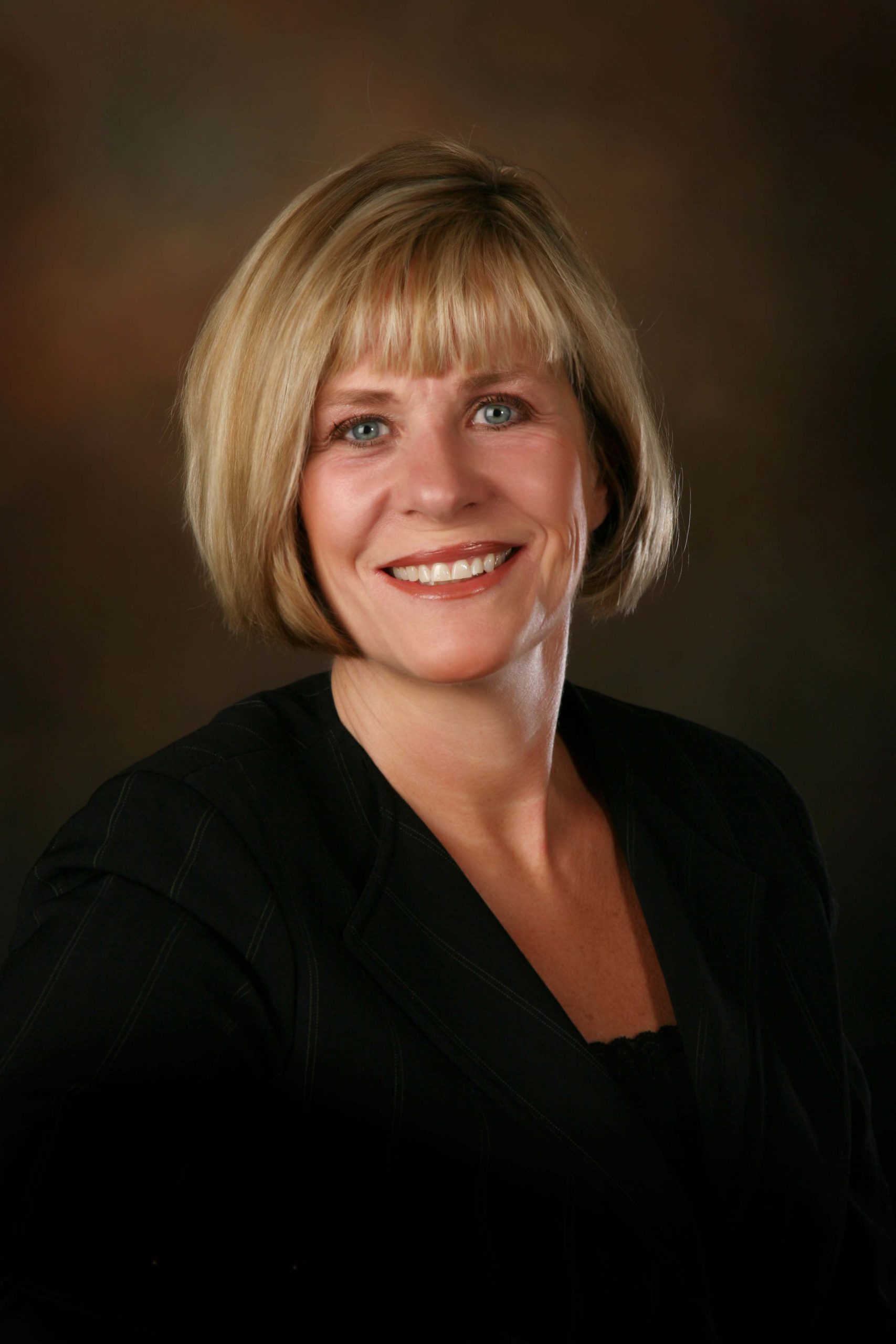
Nov.10, 2010-A recent survey by the American Psychological Association found that Americans list lack of money, the pressures of gift giving, lack of time and credit card debt as top causes of holiday stress. One in five Americans are worried that holiday stress could affect their physical health and 36 percent say they either eat or drink alcohol to cope with holiday stress.
To help combat the stress of the upcoming holiday season, the University of Utah’s Department of Educational Psychology will offer a seminar on using positive psychology to deal with holiday stress. The seminar will take place Thursday, Nov. 18 from noon to 1 p.m. at the Marriott Library’s first floor kaleidoscope room, 1170 (enter from the west entrance). The seminar is free and open to the public but capacity is limited and guests are encouraged to arrive early.
Trish Henrie, adjunct assistant professor in the U’s Department of Educational Psychology, will lead the seminar, which she explains will focus on gaining a new perspective about the holidays and stress. “It will help participants focus on the four things that help people be and remain happy even during the holidays: good relationships, meaning in life, gratitude and goals,” she says.
Henrie explains that positive psychological principles propose that happiness comes from focusing on strengths instead of weaknesses, building the best things in life instead of repairing the worst and paying attention to the things that contribute to human health instead of healing wounds and focusing on sickness. “By using these principles, stress can be lessened and well being increased,” she says.
J.G. Farr, seminar organizer and associate instructor of educational psychology, explains that, “Techniques from the science of positive psychology can help you cope with difficult people (from store clerks to relatives), learn how to forgive your parents or siblings and feel happy for what you have this holiday season.
“Rather than using unhealthy coping skills of overeating, drinking too much, or getting into arguments with your extended family, Dr. Henrie can show you how to calm down this holiday season, using positive psychology.”
Henrie teaches three online courses in positive psychology and is the president and founder of InteraSolutions, a psychological assessment company. She also has a private practice where she specializes in pain management and addictive thinking. A published author and researcher, Henrie presents at conferences and conventions across the country.
In addition to the seminar, the U’s department of educational psychology is now offering a certificate program in positive psychology. Farr, online coordinator for the new certificate program, explains that positive psychology is a new approach in psychology emphasizing short-term positive strategies to build on an individual’s strengths rather than focus on his/her weaknesses.
The positive psychology program teaches a number of specific skills for individuals, relationships, and professionals. Specific skills for individuals include practicing realistic optimism, changing addictive thinking, changing behavior, and quality of life self-coaching. Skills for relationships include intimate relationship assessment and development, forgiveness, anger reduction and reconstruction after divorce. Skills for professionals include assertiveness training, use of flow and visualization to create optimum work performance, use of meditation for stress reduction and skills to cope with difficult people.
More information on positive psychology and the certificate program may be found at
http://www.ed.utah.edu/edps/positivePsych/ugradcertprogram.html.
